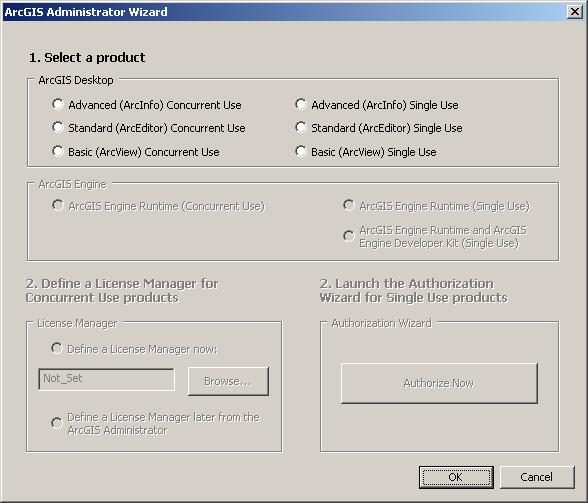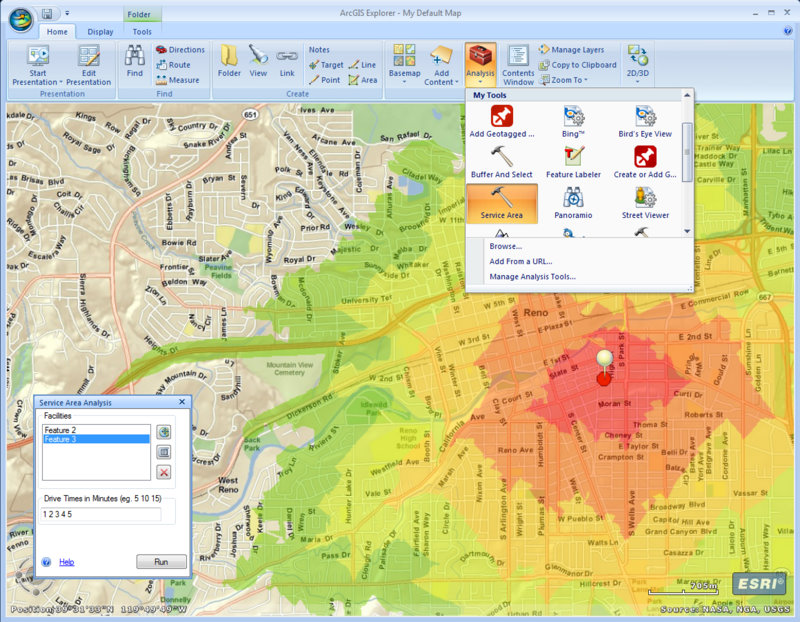

Remember, you can update the package at any time by running the 'Update R bindings' script. If everything worked, you should be ready to start! See Next Steps for where to go from here.
In the Project pane, either navigate to a folder connection containing the Python toolbox, or right click on Toolboxes > Add Toolbox and navigate to the location of the Python toolbox. You can then test that the bridge is able to see your R installation by running the Print R Version and R Installation Details tools, and running the included sample tools. Open the toolbox, which should look like this:. Note: You may have to first add a folder connection to the location that you extracted the files or downloaded via GitHub. In the Catalog window, navigate to the folder containing the Python Toolbox, R Integration.pyt. ARCGIS 10.3 ESRI HOW TO
The clip below shows how to download, install and verify proper installation of the bridge: If you need to install offline, follow the offline installation instructions.

NOTE: Background Geoprocessing only allows using the bridge from ArcGIS, not from within R itself.įirst, make sure you've installed an appropriate version of R, 3.5 or later.
64-bit version can be used with ArcGIS Pro, or with ArcMap by installing Background Geoprocessing and configuring scripts to run in the background. 32-bit version required for ArcMap, 64-bit version required for ArcGIS Pro (Note: the installer installs both by default). R Statistical Computing Software, 3.5 or later ( What is R?). ArcGIS 10.3.1 or later or ArcGIS Pro 1.1 or later ( don't have it? try a 60 day trial). NOTE: If you encounter problems, please create an issue so that we can take a look. 
Install and update the R-ArcGIS bridge with this Python toolbox.







 0 kommentar(er)
0 kommentar(er)
